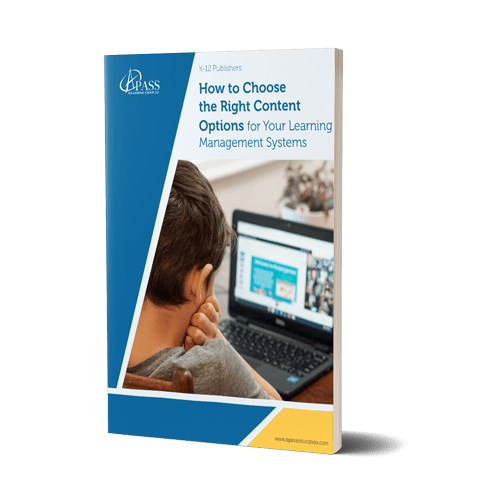In our digital age, eLearning involves students of all ages. Many publishers must create educational content and assessments that are accessible online. However, research from the journal Online Learning shows that simply providing students with online content is not enough to ensure that they will be successful. Students must stay engaged in order to master the material. One way to increase student engagement is through the use of interactive assessments.
What are interactive assessments?
Interactive assessments are ways to check student learning. This can be as simple as an immediate response that displays “Correct!” or “Good Job.” The most effective eLearning assessments require the learner to participate in the learning process. When this is done well, learners can process content and then check their knowledge of it quickly. These types of assessments provide students with a more engaging and dynamic learning experience. Also, they can provide a more accurate assessment of students’ understanding of the material.
What are the benefits of interactive assessments?
- Increased engagement: The immediate responses and positive encouragement help learners stay motivated and focused.
- Improved understanding: The feedback allows students to fix any misunderstandings quickly.
- Greater flexibility: Adapting assessments for students with a wide range of abilities is much easier. It’s also possible to personalize the assessments for each student.
- Enhanced retention: Learners are more likely to retain information that engages them.
How do you use interactive assessments to increase student engagement?
Platforms like Kahoot, Quizlet, and Nearpod are helpful tools for creating interactive assessments. Providers can incorporate these tools or create similar games into their elearning. Students are motivated to win by retaining the most knowledge. Additionally, providing immediate feedback is also key. It helps students understand where they made mistakes and how to improve. Making assessments fun by including interactive media can also improve engagement. To make the material more relevant and meaningful, assessments can also be connected to real-world scenarios. Lastly, allowing students to work together on interactive assessments promotes teamwork and collaboration.
What are some examples of interactive assessments?
- Virtual labs: Students can conduct experiments and collect data in a virtual environment. They provide a safe and controlled setting for students to explore and learn.
- Drag-and-drop activities: Dragging and dropping items or images to match or complete a task.These activities work especially well for young learners.
- Simulations: Students have a realistic and interactive experience, allowing them to apply what they have learned in a real-world scenario.
- Game-based assessments: Game-based assessments can include elements of competition, rewards, and feedback.
- Rollover interactivity: These items present graphics and/or images that contain hidden information in the form of content or questions. Information is displayed immediately after the student rolls over the image with a cursor.
- Text entry: Here, learners are required to fill in the blank with anything from a single word or phrase to a short essay. Attractive graphic design and visual elements can make these even more appealing to the learner. Asking open-ended questions can improve the quality of the interaction as well.
Conclusion
Interactive assessments are an effective way to increase student engagement and improve understanding of material. They provide a more dynamic learning experience and can be used in a variety of different settings. Through technology, creativity, feedback, fun, and relevance, publishers can create interactive assessments that will motivate and inspire students to learn.





